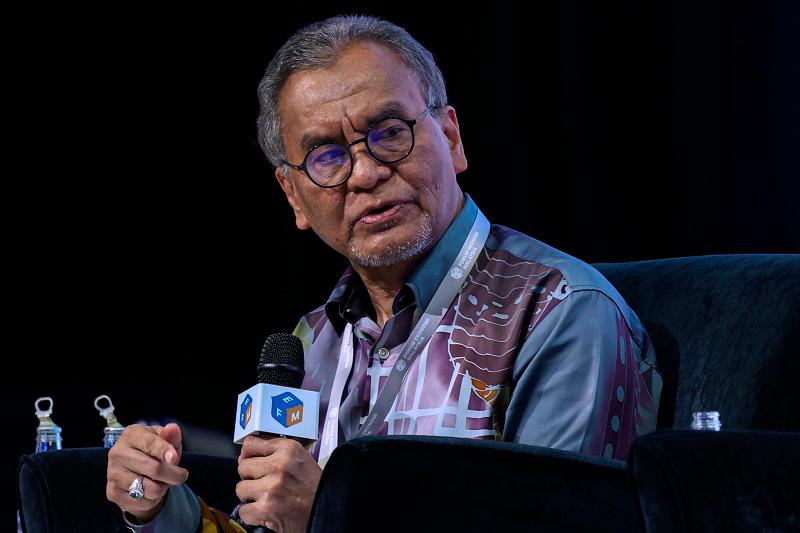KUALA LUMPUR: Health Minister Datuk Seri Dr Dzulkefly Ahmad today stressed the need for the government to invest more in preventive measures and focus on social determinants of health (SDH) to create a healthier population in Malaysia.
He said national policies such as the ‘War on Smoking’, ‘War on Salt’ and ‘War on Sugar’ campaigns, alongside early childhood interventions and the National Health Agenda, are crucial to improving public health outcomes.
Dzulkefly hoped that Malaysia can continue prioritising these preventive measures, explaining that while the country has made significant progress in achieving universal health coverage and financial protection, access to healthcare alone is not enough.
“Health is not just about healthcare, it is also about opportunity, dignity and economic security. We must shift towards prevention, early intervention and tackling root causes like food insecurity, unhealthy lives and social disparities,” he said during a forum on ‘Multidimensional Poverty and Inclusive Future’ at the Malaysian Economic Forum (FEM) 2025 here today.
He said health outcomes are strongly influenced by the living conditions of individuals including where they live, grow, learn, work and age, all of which play a significant role in determining health outcomes among the population.
Dzulkefly also highlighted the importance of SDH, which encompasses factors such as housing, education, employment, income, access to nutritious food, and opportunities for physical activity.
“We must understand that it is widely acknowledged that SDH contributes significantly to health outcomes, often estimated to be around 80 per cent of health outcomes,” he added.
Organised by the Ministry of Economy, FEM2025 served as a premier platform to chart Malaysia’s priorities and policies for 2025.
The event tracks the medium-term progress of the government’s initiatives and sets the narrative for the coming year.
The forum featured over 50 speakers including key leaders from academia, industry, and government.
Topics covered included fiscal and monetary policies, technology and education reforms, with each session including a panel featuring a Malaysian Minister.









